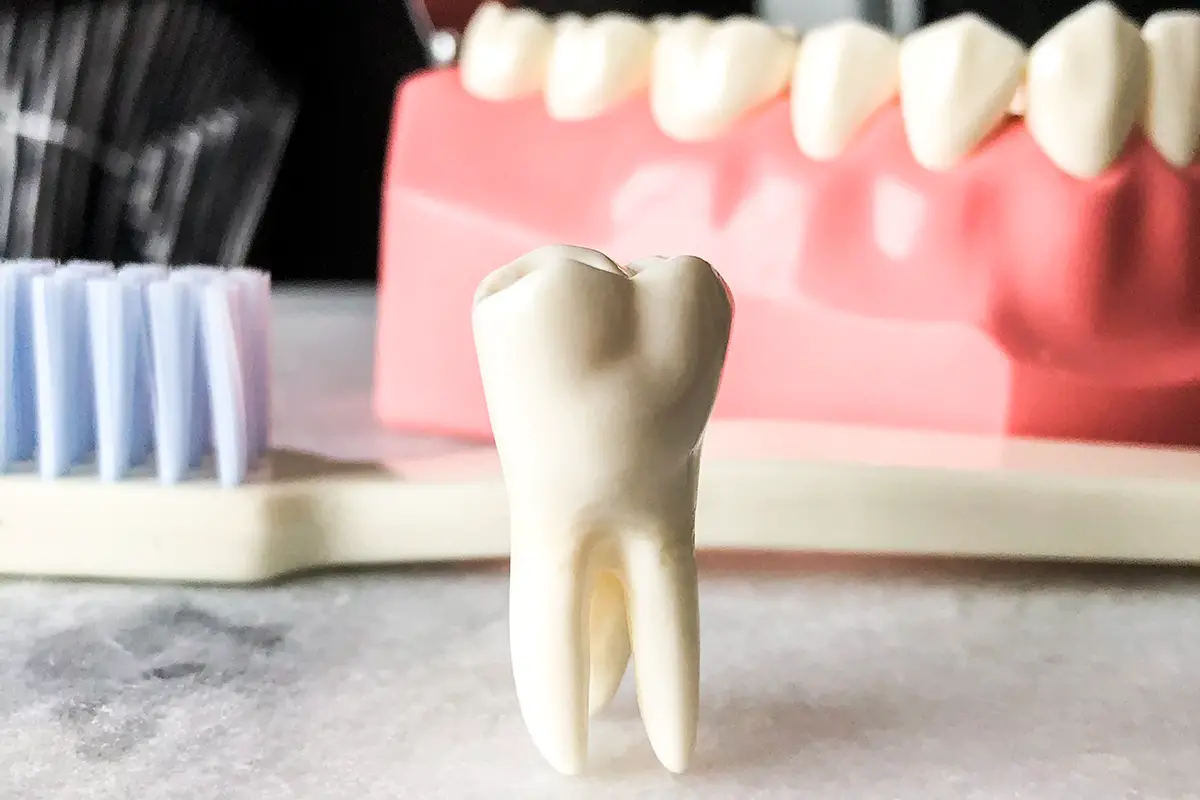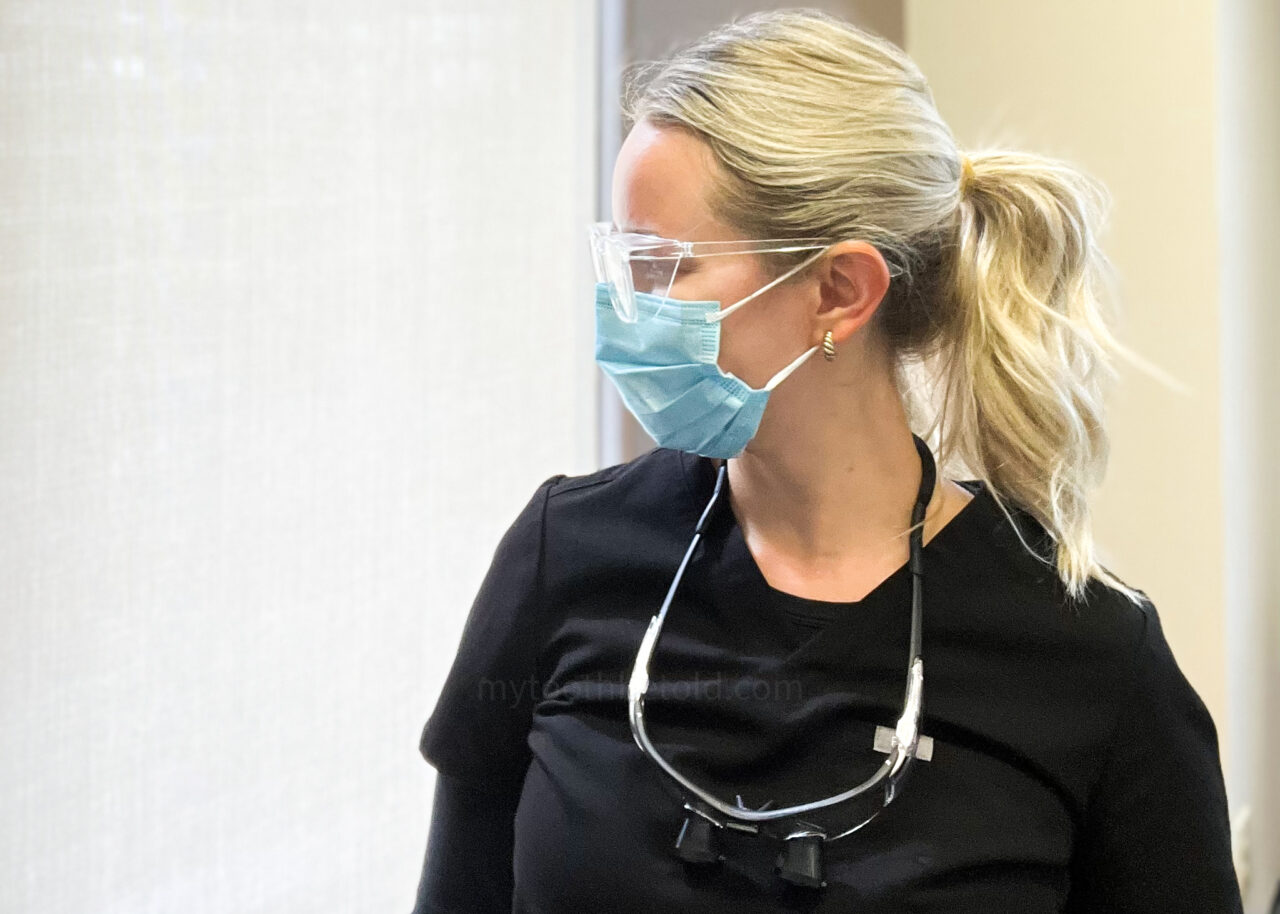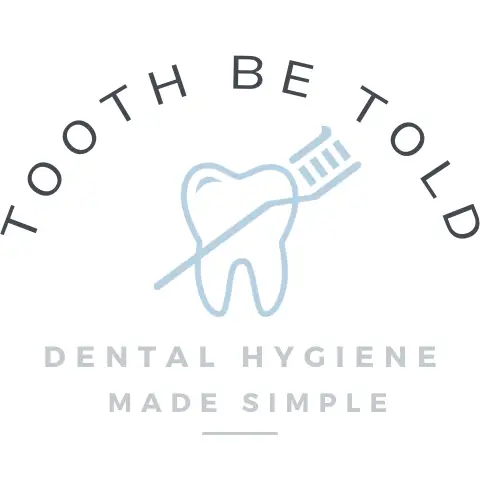
Dentists go to school for many years and specialize in the oral cavity and oral structures. Because of this intense training and schooling, dentists are given the title of doctor. But are dentists physicians?
Dentists are not physicians. While dentists have a similar education to physicians, they specialize in dental and oral health. They are not considered physicians who diagnose and treat illnesses that affect the entire body.
Although there are many similarities between dentists and physicians, they are different in many ways. In this post, I explain why dentists are not physicians, and
Doctors but not physicians; Why do dentists not have a physician title
Dentists are healthcare professionals who specialize in diagnosing, preventing, and treating diseases and conditions of the teeth, gums, and mouth.
The schooling process of becoming a dentist is similar to a physician but is not the same.
The education process for both dentists and physicians begins with a 4-year undergrad. After the 4-year undergrad, dentists-to-be will attend dental school (4-year program), and physicians-to-be will attend medical school (4-year program).
Both dentists and physicians have the opportunity to advance and specialize their skills with continued education. Dentists can go on and become specialists in specific areas of identity, including becoming oral maxillofacial surgeons.
Read Now: Is a Dental Hygienist a Doctor? Hygienist Explains
Physicians are medical doctors who specialize in diagnosing, treating, and preventing illnesses and disorders affecting the entire body. While dentists may be considered healthcare providers, they specialize in dental and oral health.
Physicians can further their education and specialize such as cardiology or radiology.
However, both dentists and physicians are highly trained professionals who play essential roles in maintaining the health and well-being of their patients.

Clearing up the confusion: Are dentists considered doctors?
Dentists are doctors, but not physicians. Dentists have the title DDS (doctor of dental surgery) or DMD (Doctor of Medicine in Dentistry).
We introduce dentists as doctors to the patients in the practice, but some dentists prefer being called by their first name. It is all situational and personal to the dentist.
Becoming a dentist requires extensive training to become qualified to perform specific surgical dental procedures.
Why are dentists also called dental surgeons?
Dentists can be called dental surgeons because they have specific qualifications to perform various surgical dental procedures.
Dental procedures such as fillings, extractions, and gum surgeries require accurate tissue manipulation and proper site reassembly for healing. Dentistry surgeries involve removing disease and cutting and closing tissue to promote recovery.
But the term “dental surgeon” can also be used to describe oral and maxillofacial surgeons, so the title of dental surgeon is used loosely to describe oral and maxillofacial surgeons and general dentists.
It is also important to note that some dentists do not perform more complex dental surgeries and will refer to an oral maxillofacial surgeon. Or refer to a dentist with further training to become a periodontist specializing in treating patients with periodontal disease.
Periodontists are experts in periodontal disease, including when patients are missing teeth. They can perform periodontal surgeries to improve oral health and the mouth’s aesthetic.
Read Now: How Does a Periodontist Treat Gum Disease? 14 Ways!
Periodontists perform surgeries such as dental implants, gum flap surgery, gum and bone grafts, sinus lifts, and gum contouring and grafts. These are all critical in maintaining oral health and preventing and managing periodontal disease.
I hope this information has helped you understand the differences and similarities between dentists and physicians and what it means to be a dentist.
Holly 🙂
